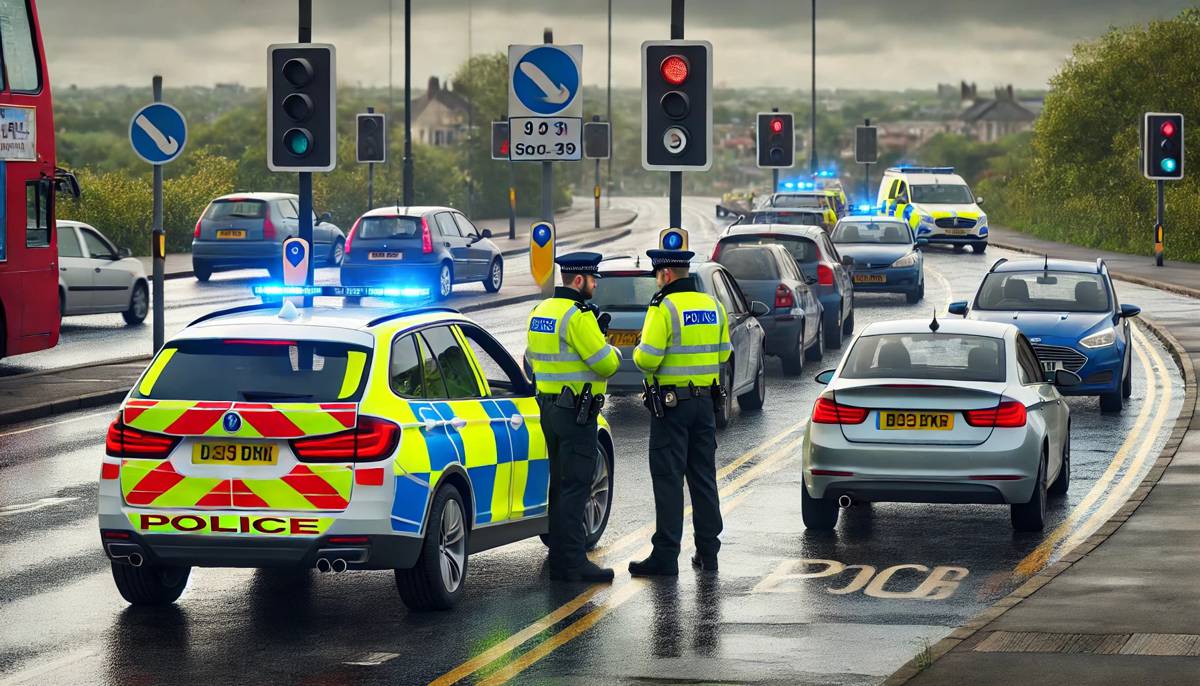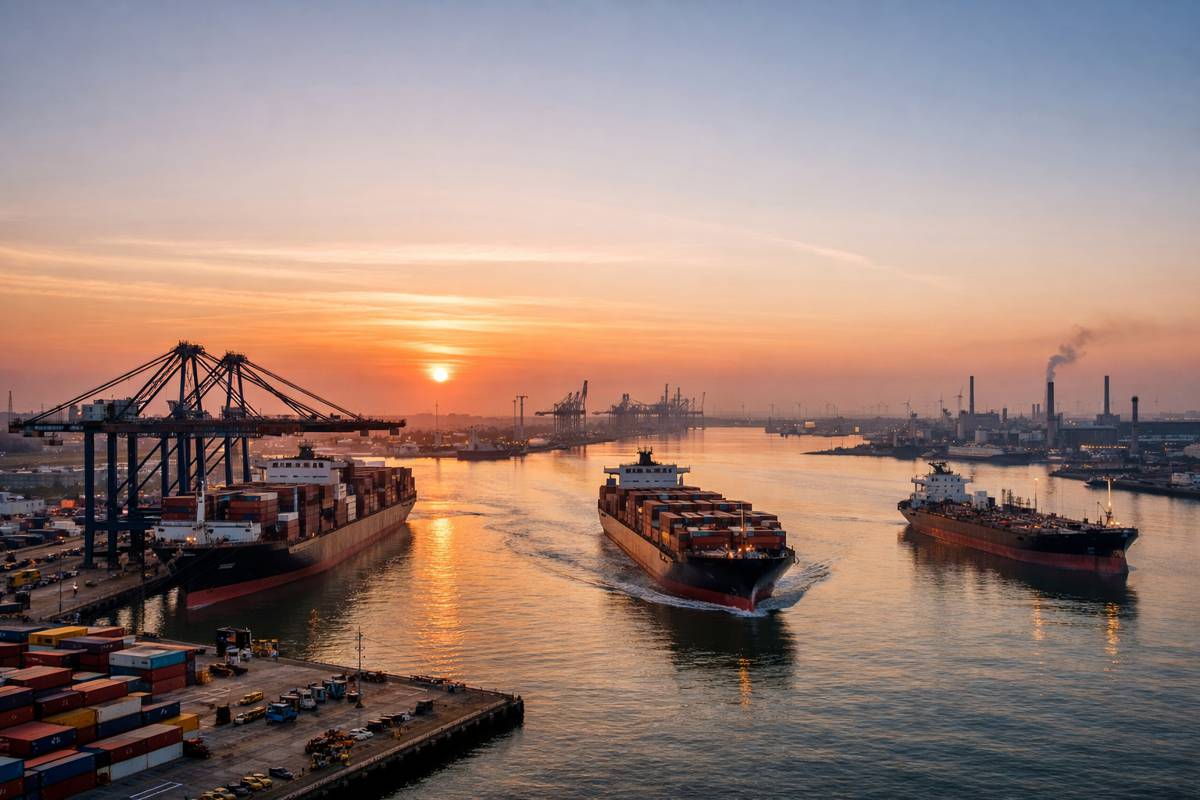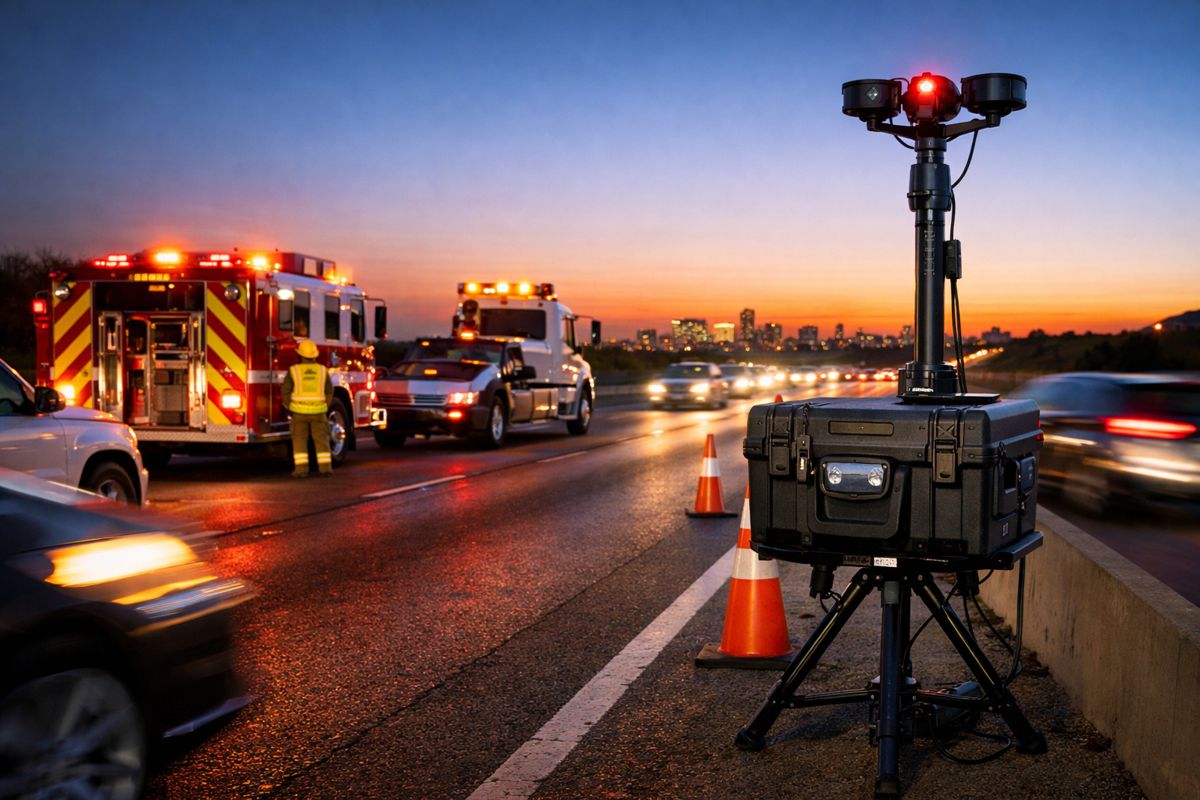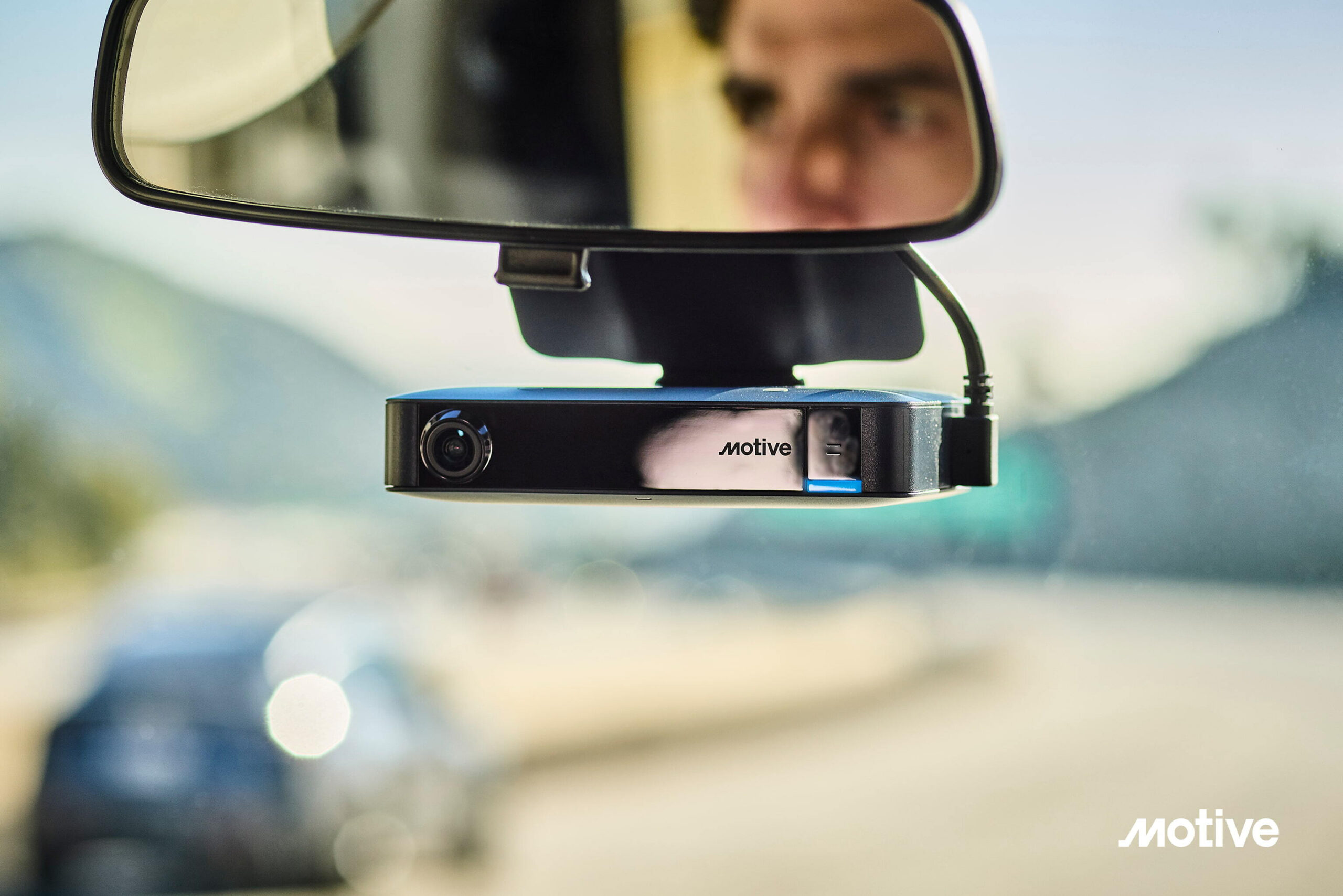What proposed Alcohol Driving Guidelines in UK mean for Drivers
There has been a number of calls to the UK government to review alcohol driving limits, which could result in stricter regulations on how much alcohol drivers are allowed to have in their system. These changes could see England, Wales, and Northern Ireland brought in line with Scotland’s lower limit, or the introduction of even stricter thresholds to improve road safety. In this article, we’ll explore what these proposed changes might mean for drivers and the wider implications for road safety across the UK.
At present, the legal alcohol limit for drivers in England, Wales, and Northern Ireland is 80 milligrams of alcohol per 100 millilitres of blood, while in Scotland, the limit is lower at 50 milligrams. This higher limit in most parts of the UK allows drivers to consume a small amount of alcohol before they are considered over the legal limit, typically equating to about two small glasses of wine or two pints of beer for the average person. Albeit alcohol impacts everyone differently so there is no accurate amount you can or cannot consume before driving.
However, there is a growing conversation around reducing the limit to match Scotland’s or lowering it further, as seen in some European countries where zero-tolerance policies are in place. This move is designed to close the gap between acceptable alcohol levels and the amount that can impair driving.
What Are the Proposed Changes?
The proposed changes could lower the alcohol limit across England, Wales, and Northern Ireland to 50 milligrams, or even as low as 20 milligrams, in a bid to reduce drink-driving accidents. This would significantly alter how drivers approach drinking, as consuming just one alcoholic drink could put them at risk of breaching the law.
If the alcohol limit is lowered, many drivers will need to rethink their habits around drinking and driving. Even a casual drink with dinner could result in breaching the legal limit under the new guidelines, and the margin for error becomes much narrower.
Social drinkers who are used to having a drink before driving may find themselves at risk of being over the limit after just one drink, especially if the new limit is set at 50 milligrams or lower.
Commercial drivers could be particularly affected by these changes. Those driving lorries, taxis, or delivery vehicles may face even stricter alcohol limits or mandatory testing as part of efforts to reduce accidents in this high-risk group. For example, Austria has a legal limit of 0.01% for drivers of vehicles over 7.5 tonnes. Commercial drivers might also face harsher penalties if found over the limit, potentially leading to long-term impacts on their careers.
Younger, less experienced drivers may also be targeted in the new guidelines, as they are statistically more likely to be involved in accidents where alcohol is a factor. Stricter penalties and a lower alcohol limit could be introduced to help curb this trend.
Why Are These Changes Being Considered?
The government’s interest in lowering alcohol limits stems from evidence showing that even small amounts of alcohol impair a driver’s ability to react quickly and make good decisions on the road. Studies show that alcohol begins to affect reaction times and judgement even at levels below the current legal limit, leading to an increased risk of accidents. The government also wants to align with the World Health Organization’s recommendations, to reduce the drink drive limit.
The potential lowering of the alcohol limit will likely increase the number of drivers who are caught and charged with drink-driving, even after consuming relatively small amounts of alcohol.
What to Do if You’re Caught Over the Limit
If you are caught over the limit, it’s essential to cooperate with law enforcement and follow the proper procedures. Refusing to provide a breath sample or resisting police orders can result in even harsher penalties.
If you’re charged with a drink-driving offence, it’s important to seek legal advice from drink driving solicitors, who can guide you through the process and help present potential defences or mitigation that may apply.
- Mitigating Factors in Drink-Driving Cases: While drink-driving offences are taken seriously, certain mitigating factors can be presented to reduce the severity of the punishment. These include:
- Unintentional consumption (Laced/Spiked Drinks): A driver may have unknowingly consumed alcohol, such as if they were mistakenly served an alcoholic drink instead of a non-alcoholic one. While rare, this could serve as a mitigating factor and can be argued before Court to request the Court do not impose the mandatory period of disqualification.
- Emergency situations: In some instances, a driver may have no choice but to drive after consuming alcohol due to an emergency, such as transporting someone to a hospital. Courts may consider the urgency of the situation in these cases. This can amount to a defence in law dependant on the situation and can place the driver in a position to request the Court not to convict.
- Low-level breach: A driver who is only marginally over the legal limit and who has not engaged in dangerous driving may receive a more lenient sentence than someone who was well over the limit.
- Good character and clean driving record: Courts may also take into account a driver’s previous clean record and positive character references when determining the appropriate penalty.
While some of the factors above can mitigate a case before the court they do not guarantee a reduced penalty. Drivers facing drink-driving charges should seek legal advice from a motoring offences lawyer to understand how to best present their case.
The proposed changes to alcohol driving guidelines are designed to make UK roads safer, but they could have a significant impact on drivers. Staying informed about these changes and adjusting your habits accordingly is crucial to avoid legal trouble.
If you do find yourself facing a drink-driving charge, seeking expert legal advice can help you navigate the complex legal process and potentially mitigate the consequences. However, the safest strategy is to simply avoid drinking if you plan to drive, ensuring you stay well within the legal limits.
Article by Hojol Uddin, Partner in Motoring & Driving Offences at JMW Solicitors.




















